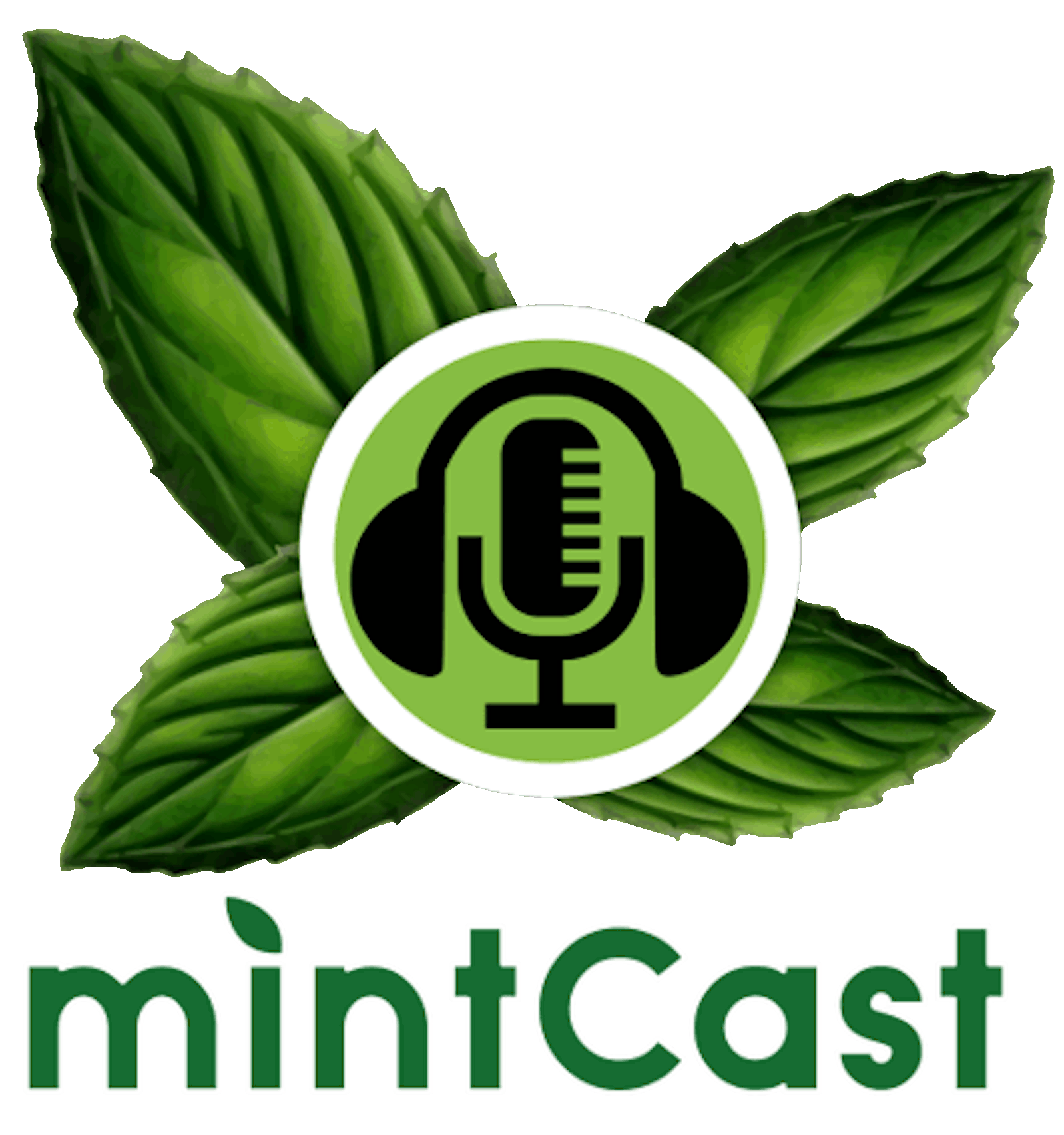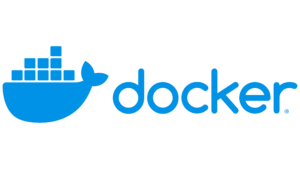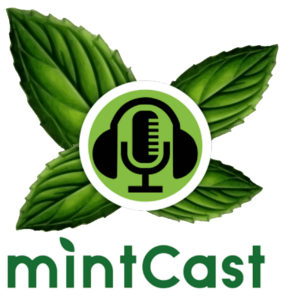mintCast 330.5 – fdisk FTW (mp3)
In our Innards section, we cover disks, partitioning, and filesystems.
And finally, our listener feedback and a few suggestions.
Linux Innards:
- Partitioning Disks and Linux Filesystems
- Partitioning Types
- MBR Partitions
- Can only have 4 Primary Partitions
- Extended Partitions
- Logical Partitions
- Fdisk was the primary tool for managing mbr partition tables
- GPT Partitions
- Does away with primary/extended/logical
- 128 definable partitions by default
- Gdisk was created to manage GPT partition tables
- Parted can do both MBR and GPT
- MBR Partitions
- File Systems
- EXT3
- Mkfs.ext3 /dev/sd##
- Mkfs -t ext3 /dev/sd##
- EXT4
- Mkfs.ext4 /dev/sd##
- Mkfs -t ext4 /dev/sd##
- Swap
- Mkswap /dev/sd##
- Swapon /dev.sd##
- EXT3
- GPartEd and Disks
- Partitioning Types
Vibrations from the Ether:
- Benjamin Moser
- Dave Lindberg
- Larry Murphy
- George from Tulsa
- Chris
Check this Out!
- Leo
- Moss
Announcements:
- Our next episode will be at 2 pm Central US time, 7 pm UTC, March 22, 2020.
Wrap-up:
- Joe – www.Tllts.org linuxlugcast.com MeWe [email protected]
- Bo – ecnradio.com
- Moss – Triad Bardic College, Peaceful Hippo, MeWe, music on Bandcamp and Moss Bliss’ YouTube channel or Robert Warren’s channel, I should have my ReverbNation site back soon, [email protected], [email protected], Sponsus (Now with Tiers, and a Donate Button!)!
- Tony Hughes – HPR – http://hackerpublicradio.org/correspondents.php?hostid=338 Occasional Blog https://tony-hughes.blogspot.com/ Twitter @TonyH1212, [email protected] [email protected]
- Tony Watts – [email protected], Echoes of Savages (band)
- Josh – [email protected], [email protected], edublocks.org and @all_about_code on Twitter
- Leo – leochavez.org and @leochavez on Twitter, and you can get your five minute news digest at Full Circle Weekly News
Before we leave, we want to make sure to acknowledge some of the people who make mintCast possible …
- Josh for all his work on the website and the livestream
- Bytemark Hosting for hosting mintcast.org and our Mumble server
- Archive.org for hosting our audio files
- The Linux Mint development team for the fine distro we love to talk about (Thanks, Clem!)
Podcast: Play in new window | Download
Subscribe: RSS




In the vibrations, you said Linux is more difficult than other OS. As a short statement, I tend to agree. For start, it is more difficult because you almost always need to install it, which normally not is needed for other OS. But as a user, I think it must not be so much more difficult to use a Linux OS like Mint, than macOS or Windows.
You can do difficult things with Linux. Maybe more difficult things than in other OS. I’m not sure if difficult topics you cover in MintCast would be easier to execute in macOS or Windows? Maybe some of those difficult actions actually are easier in Linux, as Linux generally is OpenSource?
Just a reflection…!
I think you’re right. Installation is probably the only reason it’s “harder.” Reinstallation is sometimes needed for Windows and Mac, but a lot of times, people tend to default to that “one friend that knows computers” or takes it to a repair shop, essentially taking the path of least resistence.
Mac and Windows tend to hold your hand a lot more or just plain ignore security risks which lends to the appearance of a less difficult experience. This is actually a big source of why distributions are different! Thanks for your thoughts!
Leo
Just listening to this podcast now and I am surprised to hear the ignorance about GPT vs MBR partition tables. I’ve been aware for a long time but only recently have I upgraded to desktop and laptop hardware that properly support UEFI and GPT.
I know fdisk can *read* GPT tables but I’m not sure on the *write* aspect. I would use gdisk or, better, the Gparted Live boot image to repartition disks.
I don’t think you mentioned converting from MBR to GPT partitions *in place*. This can be done with sfdisk, see the great ArchWiki page: https://wiki.archlinux.org/index.php/GPT_fdisk#Convert_between_MBR_and_GPT
An alternative for Windows users is the mbr2gpt.exe utility, but it seems limited to very simple MBR disk partitioning.
Of course before converting, BACK UP BACK UP BACK UP your data.
What did I or we say that was wrong about GPT/MBR? The fdisk comment comes from a practical background. fdisk will absolutely write a GPT and make as many as 128 partitions which we found out as we were going through the command.
Thank you for your feedback on sfdisk and mbr2gpt! Your recommendation to backup is absolutely right!
Leo